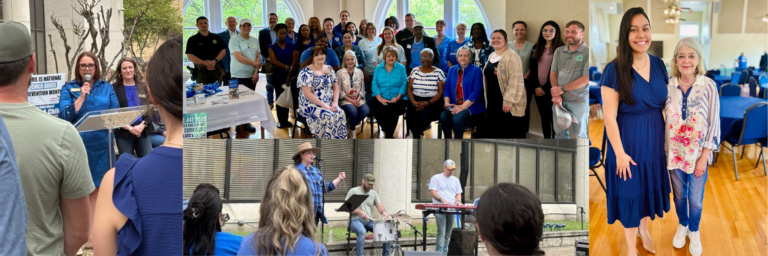
Region 4 — In honor of National Child Abuse Prevention Month,
4Kids4Families is partnering with communities across East Texas to raise
awareness and support local efforts to prevent child abuse and neglect.
Throughout April, 4Kids4Families is collaborating with Court Appointed
Special Advocates (CASAs), Child Advocacy Centers, and Child Welfare Boards in
Region 4 counties—including Anderson County (Palestine), Marion County
(Jefferson), and many more—to emphasize the message: “Every day is a good
day to protect a child.”
These partnerships aim to educate the public, engage community members,
and highlight the importance of recognizing and reporting signs of abuse.
Activities include pinwheel garden displays, community outreach, educational
events, and proclamations by city and county leaders.
“Child Abuse Prevention Month is an opportunity for all of us to take a
stand for children,” said Belen Casillas, Community Relations Director at
4Kids4Families. “It takes all of us—neighbors, leaders, caregivers, and
advocates—working together to create safer communities for kids.”
As the Single Source Continuum Contractor (SSCC) for DFPS Region 4,
4Kids4Families oversees foster care case management and works in partnership
with families, caregivers, and local stakeholders to promote healing and safety
for vulnerable children.
To learn more about how to get involved in Child Abuse Prevention Month
activities or support prevention efforts in your community, visit www.4Kids4Families.org
or follow 4Kids4Families on social media.
Site built by Custom Website Design